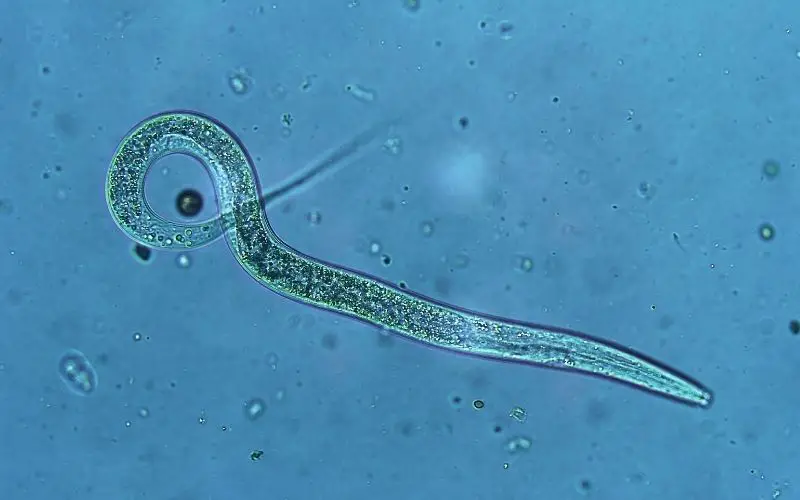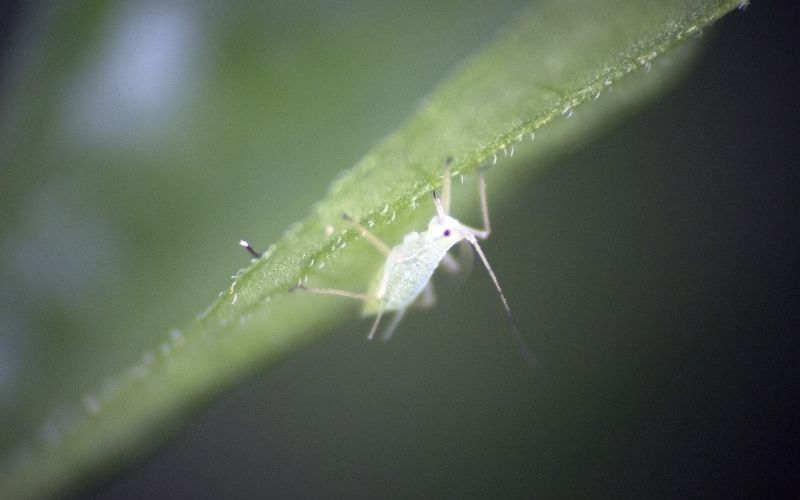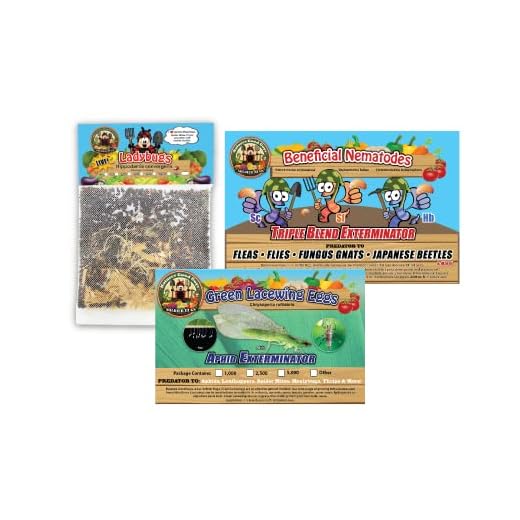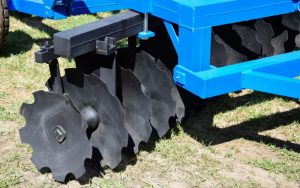It’s no secret that nematodes are a gardener’s best friend.
These little creatures prey on harmful garden pests, keeping plants healthy and free from damaging infestations.
Although there are some species of nematodes that can be harmful to people the types of nematodes used for gardening present no risk to human beings, plants or wildlife.
What are gardening nematodes?
Gardening nematodes are a type of microscopic worm that naturally occurs in soil.
These beneficial creatures help to keep gardens healthy by feeding on garden pests such as insect larvae, grubs, slugs, and other small animals.

There are many different species of gardening nematodes, each with their own specific prey.
For example, the Steinernema feltiae species primarily feeds on fungus gnat larvae and other insects, while the Steinernema carpocapsae species goes after flies, fleas, ants and other insects.
While most species of gardening nematode are beneficial, there are a few that can cause problems for gardeners.
For example, the Xiphinema americanum species is known to spread plant diseases such as black root rot.
However, these harmful types of nematodes are not commonly used in gardening and are not easily found in garden centers or nurseries.
How do you use gardening nematodes?
Gardening nematodes are typically applied to gardens in the form of a spray.
The nematodes are mixed with water and then applied to the garden using a hose-end sprayer or pressure washer.
It’s important to apply the nematode solution to moist soil, as this will help the nematodes to survive and thrive.
Nematodes can also be applied using a watering can or sprinkler, although this method is not as effective.
After applying the nematode solution, it’s important to water the garden thoroughly to help the nematodes to penetrate the soil and reach their target pests.
Gardening nematodes typically remain active in the soil for 3-4 weeks, after which they will die off.
To maintain a healthy population of nematodes, it’s important to reapply the solution every 3-4 weeks throughout the growing season.
What are the benefits of using gardening nematodes?
There are many benefits to using gardening nematodes in the garden.
First, nematodes are a completely natural and environmentally friendly way to control garden pests.
Second, they are very effective at controlling a wide variety of damaging garden pests.

Third, they are easy to apply and require no special equipment or training.
Gardening nematodes are relatively inexpensive and can be purchased from most garden centers or online retailers.
If you’re looking for a natural and effective way to control garden pests, consider using gardening nematodes.
These little creatures can make a big difference in the health of your garden.
Are nematodes safe for pets?
Yes, nematodes are safe for pets.
In fact, many pet stores sell products that contain nematodes as a way to control fleas and other pests.
However, it’s important to keep pets away from the garden while the nematode solution is being applied.
After the solution has been applied, it’s safe to let pets back into the garden.
Can you use nematodes on vegetable and fruit crops?
Yes, nematodes can be used on a wide variety of crops, including vegetables, fruits, and ornamentals.
However, it’s important to choose the right type of nematode for the crop you’re trying to protect.
For example, the Steinernema feltiae species is effective against a wide range of garden pests, making it a good choice for general use.
The Steinernema carpocapsae species is effective against specific types of garden pests, such as flies, fleas, ants, and other insects.
Do nematodes work in all climates?
Yes, nematodes are effective in all climates.
However, they require moist soil to survive and thrive, so they may not be as effective in dry or arid climates.
If you live in a dry climate, consider applying the nematode solution more frequently to maintain an effective population.
Are there any downside to using nematodes?
The only downside to using nematodes is that they are not effective against all types of garden pests.
In addition, they are not a “cure-all” for garden pests and should be used in combination with other pest control methods, such as crop rotation, to achieve the best results.




Are there any precautions I should take when using nematodes?
Yes, there are a few precautions you should take when using nematodes.
First, always read the label of the nematode product you’re using to make sure it’s safe for the crop you’re trying to protect.
Second, keep pets and children away from the garden while the nematode solution is being applied.
After the solution has been applied, it’s safe to let pets and children back into the garden.
How do nematodes work?
Nematodes are tiny, worm-like creatures that live in the soil.
They feed on a wide variety of garden pests, including insects, larvae, and grubs.
When applied to the garden, nematodes seek out and kill garden pests, providing natural and effective pest control.
Are there any other benefits to using nematodes?
In addition to being a natural and effective way to control garden pests, nematodes also provide a number of other benefits.
For example, they help to aerate the soil and improve drainage.
They also help to break down organic matter, making it available for plants to use.
Nematodes are also effective at controlling soil-borne diseases, such as root rot.
Final Words
Nematodes are a natural and effective way to control a wide variety of garden pests.
They are easy to apply, relatively inexpensive, and safe for pets and children.
Nematodes can be used on a wide variety of crops, including vegetables, fruits, and ornamentals.
They are effective in all climates, but require moist soil to survive and thrive.
Overall, nematodes are a beneficial addition to any garden.











